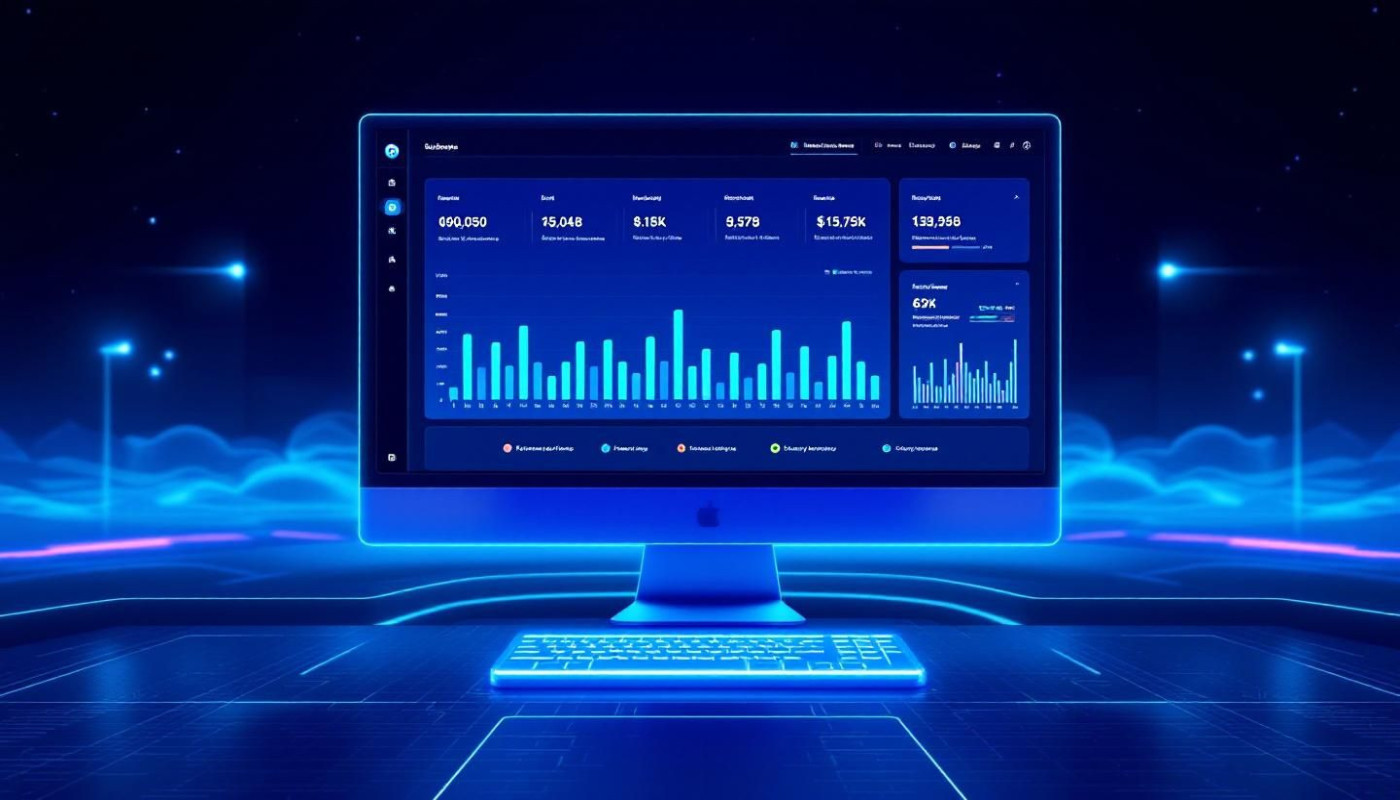Table of contents
In the vast universe of technology, a new frontier looms on the horizon - Quantum Computing. This breakthrough in computation is poised to revolutionize industries and redefine possibilities. It's an unparalleled realm where normal laws of physics need not apply and bits are replaced by qubits. Herein lies the potential for exponentially faster calculations and processing power beyond our current imagination. This article will delve into this groundbreaking technology, explore its inner workings, its extraordinary potential benefits, as well as challenges it presents. Our exploration aims to help you comprehend why quantum computing could be crucial to future technological advancements.
Decoding Quantum Computing: A Deep Dive
At its essence, quantum computing represents a radical departure from traditional models of computation, harnessing the principles of quantum mechanics to achieve unprecedented computational power. Unlike classical bits, the fundamental unit of quantum computing, known as a "qubit", can exist in multiple states simultaneously, a concept referred to as "superposition".
This trait allows quantum computers to perform a significantly larger number of calculations at once, vastly enhancing computational efficiency. Furthermore, quantum computing leverages a unique quantum phenomenon known as "entanglement", wherein particles become inextricably linked, and the state of one can directly influence the state of the other, regardless of the distance between them.
These underlying principles of quantum mechanics, when applied to computing, provide the potential for exponential leaps in processing power. Nevertheless, whilst quantum computing remains a complex field, it is crucial to break down these terms for the layperson, fostering a broader understanding and appreciation for this revolutionary field.
The Potential Impact of Quantum Computing
Quantum computing holds an immense potential to instigate a significant transformation across a multitude of sectors. Predominantly, its impact can be seen in areas like cybersecurity, healthcare, and artificial intelligence. In cybersecurity, quantum computers can enhance encryption algorithms, making them nearly unbreakable. This not only fortifies the security measures but also drives the industry towards a more robust, secure future.
In the realm of healthcare, quantum computing serves to unlock a new era of drug discovery and genome sequencing. Quantum algorithms are capable of analysing vast amounts of data at an unprecedented rate, facilitating the development of personalized medicine and thus leading to improved patient outcomes.
Furthermore, the integration of quantum computing with artificial intelligence can lead to smarter and more efficient AI models. Quantum-enhanced machine learning algorithms have the potential to process complex computations in a fraction of the time it would take traditional computers. This not only accelerates the learning process but also makes AI more effective and versatile.
Despite being in its infancy, there are a number of real-world applications of quantum computing that exist. For instance, companies like IBM and Google are actively leveraging quantum technologies to solve complex computational problems. This is just the tip of the iceberg, as the potential applications of quantum computing are vast and ever-growing. The key to unlocking this potential lies in continuous research and development, making it an exciting frontier in the tech world.
An expert on quantum technologies would probably conclude that while there remain challenges to overcome, the potential benefits of quantum computing are too great to ignore. It's clear that this technology is not just a trend, but a game-changer that is poised to redefine our technological landscape.
Challenges in Embracing Quantum Revolution
Quantum computing represents a remarkable leap in technological progress, poised to revolutionize diverse sectors, from cryptography to medicine. Yet, there are significant hurdles that we need to overcome to make fully functional quantum computers a reality. Among the foremost impediments is the immense costs associated with creating and maintaining these complex machines. Quantum computers require highly specialized conditions to operate, including near absolute zero temperatures, which escalate the expenses significantly.
Another significant challenge is maintaining the ‘quantum state’, also known as 'superposition'. Quantum bits or qubits, the essential units of quantum information, exist in multiple states at once, unlike classical bits. Preserving this fragile quantum state, which is easily disturbed by environmental factors, is a critical aspect of quantum computing.
Furthermore, quantum error correction, a crucial factor for quantum computing, presents its unique set of difficulties. Quantum computation is prone to errors due to quantum noise, and error correction issues play a vital role in the functionality of quantum computers.
Despite these challenges, the prospects of quantum computing are too promising to ignore. The potential for performing complex calculations at unprecedented speeds holds immense prospective benefits across industries. Experts, particularly those working on the design and fabrication aspects of quantum computers, are diligently working to address these issues, bringing us closer to the era of fully functional quantum computers.
Similar articles










